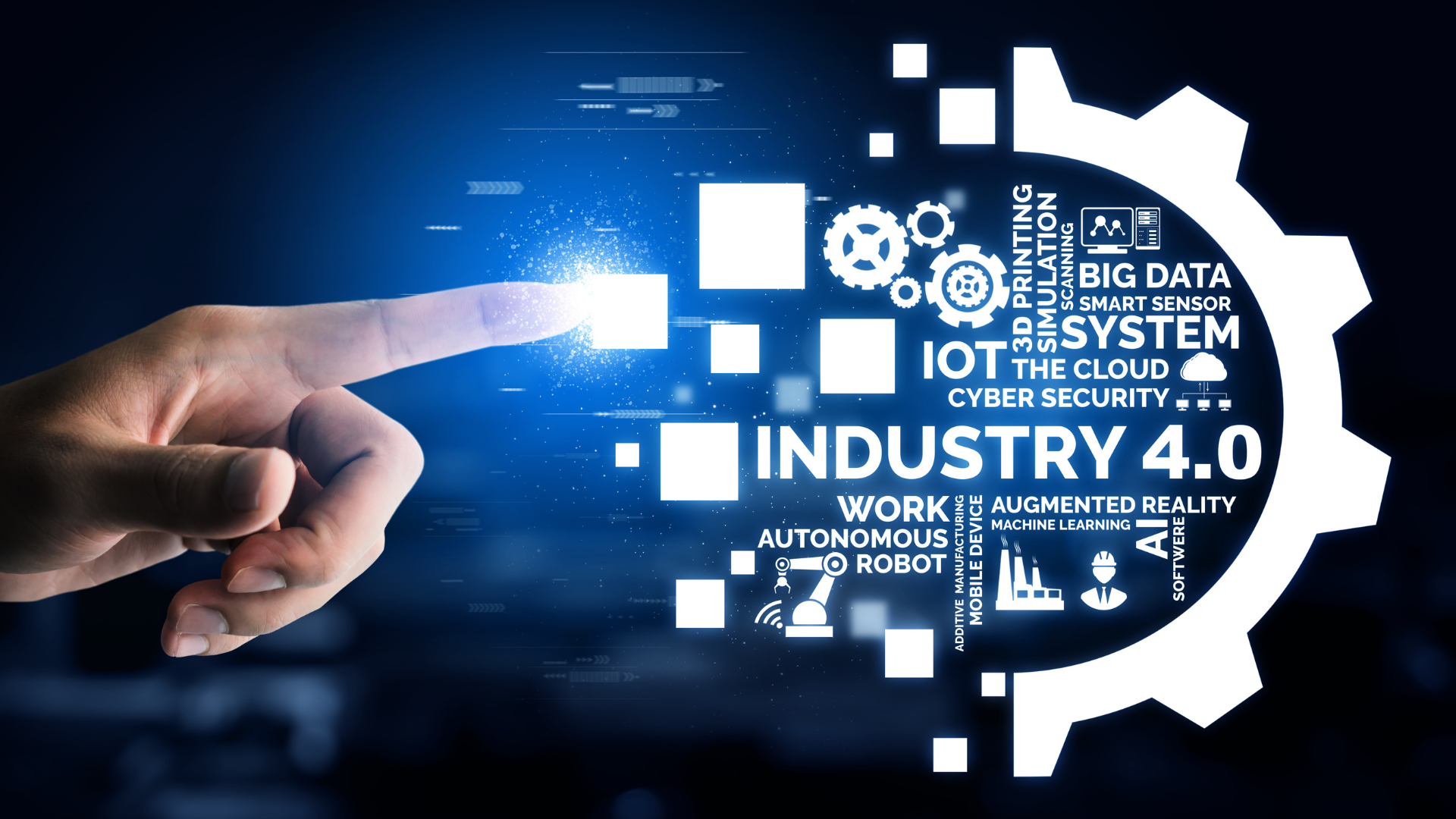
ERP Industry 4.0: Riding the Wave of the Fourth Industrial Revolution
The fourth industrial revolution is also referred to as ‘Industry 4.0’ or ‘4IR,’ and as thousands of businesses adopt advanced and high-performance software such as an ERP for manufacturing industry corporations, trends in automation, robotics, data analytics, and AI have maintained a rapid pace of growth.
Industry 4.0 incorporates a broad scope of applications and intelligent tools and is a significant shift, particularly in the manufacturing world. Companies are digitizing and adapting their processes, reporting functions, and analytics to include smart, connected systems that can offer faster data capture, real-time reporting, and precise forecasting.
What is the Fourth Industrial Revolution?
4IR has emerged due to sustained changes in how modern businesses distribute goods, manufacture products, and communicate with their stakeholders and customer demographics. As a disruptive force comparable to the most recent digital revolution that began in the 1950s, new and expanding Internet of Things (IoT) technologies, alongside cloud computing and machine learning, have introduced innovative ways to manage productivity, improve sustainability, and work towards greater energy efficiency.
For example, an advanced ERP for project-based manufacturing can assist with scheduling, reporting, budgeting, financial modeling, what-if scenario analysis, and handling complex global supply chains, consolidating all data points into one place for a high-level overview of every system and touchpoint. The technological landscape continues to evolve as use cases and next-gen functionality replace legacy systems, and almost every industry will be affected and need to adapt accordingly, where they haven’t already done so.
The Impact of Industry 4.0 on Commercial Businesses
Outdated commercial and corporate systems cannot have the pace and agility of Industry 4.0 developments, and many businesses are looking at ways to align their strategies with new best practices and approaches to enhance their performance and preparedness for technological improvements being presented across the board. The most appropriate and beneficial software, systems, and approaches will depend on business objectives, but technologies and advancements can add significant tangible value.
Another aspect for business owners is that upscaling software and applications is only one part of the puzzle. They also need to focus on staff training and reskilling where necessary to ensure workforces have the knowledge to utilize the full power of the resources they introduce to gain maximum benefits.
Upgrading older production software to an ERP for process manufacturing is an excellent option for creating a future-ready business strategy. However, building in time for staff training and the transition from older systems is important.
Preparing Your Company for the Fourth Industrial Revolution
The first step in any transitional project is to undertake a thorough analysis of your business needs, mapping out areas such as:
- Breaking down phases within the production cycle
- Creating an inventory of current software, hardware, and devices
- Identifying communications links between devolved facilities
Areas that are underperforming or have slow returns may be the priority for enhancement. Still, the best approach is to ensure you have good process visibility and understand the needs of each part of the company before making any decisions.
Next, business owners and executives can determine which types of 4IR technology stand to offer the most substantial improvements. Examples will depend on the trading sector but may address a lack of productivity, capacity, or organizational oversight, allowing executives to make data-driven judgments.
Understanding the problems you need to solve can be a great way to determine the most appropriate next-gen technologies and set out a road map for integration. Phased introductions may be beneficial, particularly where larger companies need to shift long-standing processes or internal controls, ensuring sufficient staff education along the way to generate a streamlined workflow and successful implementation.
Gaining a Competitive Edge with Technological Upgrades
Many businesses will see marked advantages following the implementation of more agile technologies, such as automation, which can eliminate the time required to compile reports or in-depth data analytics and make this top-down data available at the touch of a button. Other applications can remove the potential for human error, automate monotonous tasks, and standardize processes across the organization in order to optimize outputs and make the best use of workers’ time.
However, the key is to ensure that any changes made during Industry 4.0 remain under supervision. Manufacturers, service providers, and businesses in competitive sectors with the flexibility to continue to evolve alongside 4IR are best positioned to realize the greatest benefits.
As your business looks to upgrade systems and processes to align with Industry 4.0 standards, the focus should remain on solving core problems and enhancing areas of underperformance. While new technologies present many opportunities, integration requires careful planning and staff training to ensure successful adoption.
To determine the most impactful solutions for your organization, consult with our experts at Navigator Business Solutions. With experience implementing ERP systems across a range of industries, we can provide guidance on the right technologies to drive productivity, efficiency, and competitive advantage as you navigate the fourth industrial revolution.

